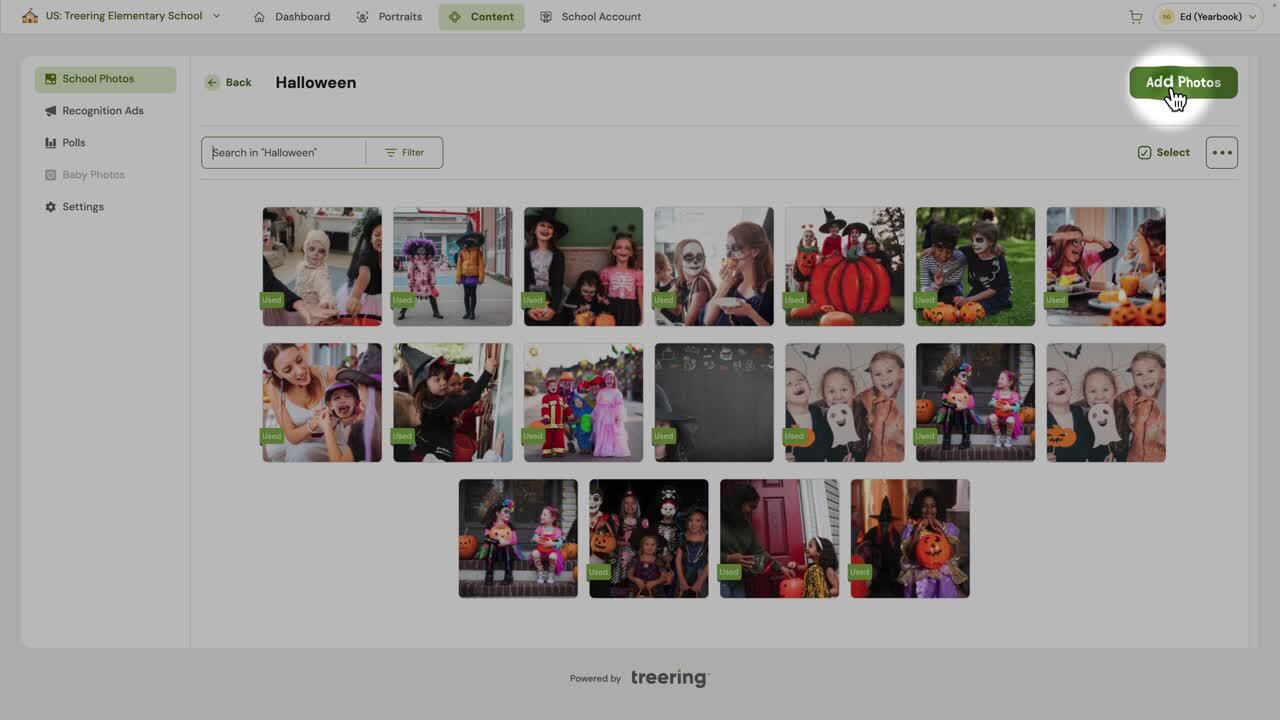
Erikalinpayne
May 29, 2025
2
Min Read Time

Certain activities and behaviors drain time and diminish returns. If the goal is to do your best book yet, and you struggle through the process, check out the advice below from current advisers on being more productive. Select one or two areas to tackle immediately and watch your yearbook program become more organized and your team more aligned.
Without clear deadlines, yearbook tasks can drag on indefinitely. This lack of structure can lead to procrastination and missed milestones, ultimately delaying the entire yearbook project.
It’s essential to make a plan for success based on/around your school's calendar. Find out when significant events will happen and assign someone to them to ensure you'll get great coverage (photos and interviews).
OK, party may be a misnomer.
Celebrate milestones to keep students motivated. Whether completing the first draft of a section or reaching a major deadline, acknowledging these achievements can boost morale and keep the momentum going.
Full disclosure: I used to think when I wrote on the board something like, “All fall sports due 10/18,” students would break that down and create their own copy, interview, and game photo mini-deadlines. I didn’t realize I had to teach project management as well.
By determining productivity milestones such as mini-deadlines for setting up photo folders, getting layouts on pages, and finalizing spreads, students knew the necessary steps. We celebrated every 15 books sold, 10 spreads completed, and when there was a yearbook presence at all-school activities.
Meetings without a clear agenda or purpose can consume a lot of time without yielding productive outcomes. Long, unstructured meetings can drain energy and focus. Short, pointless ones detract from a purposeful project.
“Acknowledge and accept conversations that should be held ‘offline,’” Yearbook Artist Tevis D. said. She also advocates for shorter, more efficient work sessions with a time at the beginning to identify areas of focus.
Before the thought of another meeting makes you scroll away, consider why some meetings are time sucks: ill planning, no agenda, better off as emails… Now consider an alternative.
Stand-up meetings are brief, daily meetings where team members share their progress and challenges. Their effectiveness comes from actually standing. No one is overly comfortable, so dismissing and getting to work is easy.
Here’s how to make them worth your time: set a timer for 15 minutes and have everyone answer the three key questions:

Teachers can use stand-up meetings with students for accountability and track progress. It helps students develop a routine and stay focused on their tasks because they will each take a turn verbally stating their goals and accomplishments.
For parent volunteers, stand-up meetings can be conducted at the start or end of each work session. This keeps everyone aligned and aware of challenges that need addressing.
“It is always a good idea to follow up on these tasks in an email or handout after the meeting,” veteran yearbook adviser and Treering Yearbook Evangelist Ed G. said.
Constantly revising and over-editing pages can eat up valuable time. While some revision is necessary, excessive tweaking can lead to delays. Establish clear guidelines for when a page is considered "final" to avoid endless editing cycles. Unless your yearbook tradition includes a fall delivery or ship-to-home, you want to make your final deadline.
“If students get the yearbook later than expected, they won't care how perfect it is,” Ed G. said. “They will remember getting it late and not being able to get all of their classmates' signatures.”

He advocates for sharing a disclaimer so students and families know it is a volunteer-driven effort. (You can make it your own by editing it here.)
Managing photos, articles, and other yearbook content without a proper organization system can lead to wasted time searching for files. A well-organized photo management system is crucial.
“Upload photos as soon as possible after an event and use tagging and folders to keep organized,” Kate H. said. (She leads two volunteer yearbook teams for her son’s elementary school and daughter’s dance company.) “Bonus points if you can add your photos to the spread at the same time too.”

When team members are unsure of their roles and responsibilities, tasks can fall through the cracks or be duplicated. Clear role definitions help ensure accountability and productivity.
“I think every kid on the team was assigned to the same pages this year so it was unclear who was actually in charge of it,” middle school club leader Ali J. said.

While it’s important to allow students to take ownership of the project, they will still need guidance and support. You can do this by:
Clarity in roles helps prevent duplication of effort and ensures that all aspects of the yearbook are covered. Teams should have codified expectations for:
Regular productivity check-ins (see stand up meetings, above) either in person or via video calls, keep everyone informed and engaged.
Interpersonal conflicts that are not addressed can create a toxic environment in the yearbook club, lowering morale and productivity. Addressing issues promptly is key to maintaining a productive team.
Early detection, while uncomfortable, can eliminate problems later on. Address it (kindly) as soon as it happens so your team can press forward.
When you do get that face-to-face moment, maintain your professionalism:
Obvious statement: effective teamwork makes for a successful yearbook project. Here are our favorite ideas to improve rapport and trust up front.
Formal activities, such as an exercise, and informal ones, such as a bell ringer, help students open up. Debriefing can also increase empathy: ask students what they can do to make yearbook interviews less intimidating for students outside of the yearbook team.
Parents aren’t going to want to sit around constructing marshmallow and spaghetti towers. Instead, schedule some forced fun:
Careful refinement of your workflow and the elimination of yearbook productivity blockers will reduce stress and improve morale. By identifying and addressing these common barriers, you can significantly increase productivity and ensure the smooth and timely completion of your yearbook.